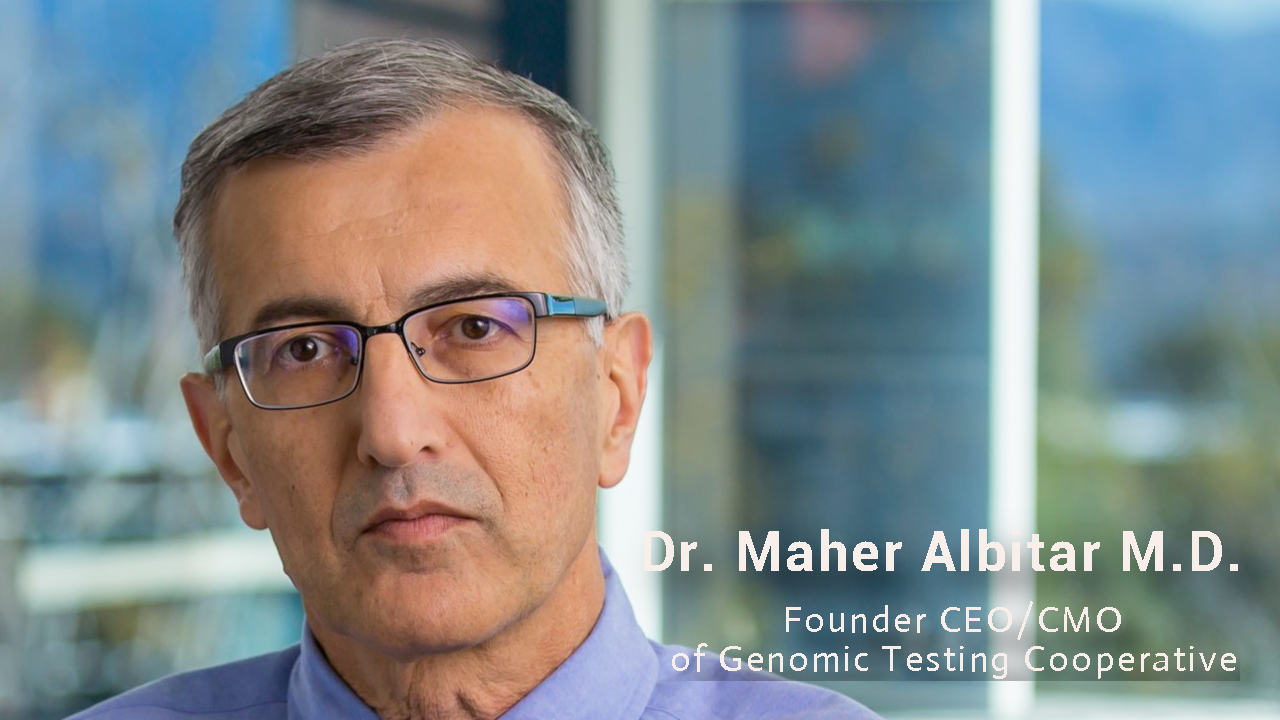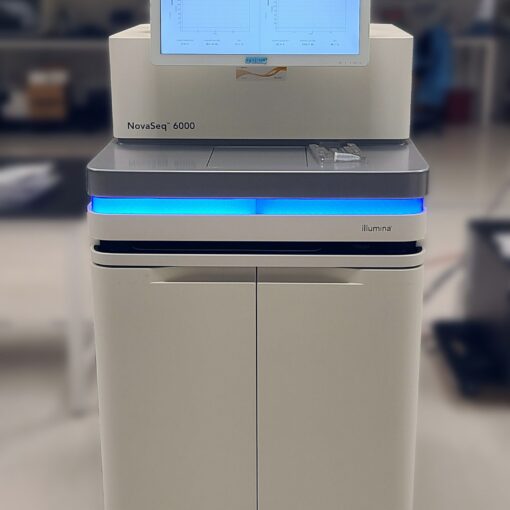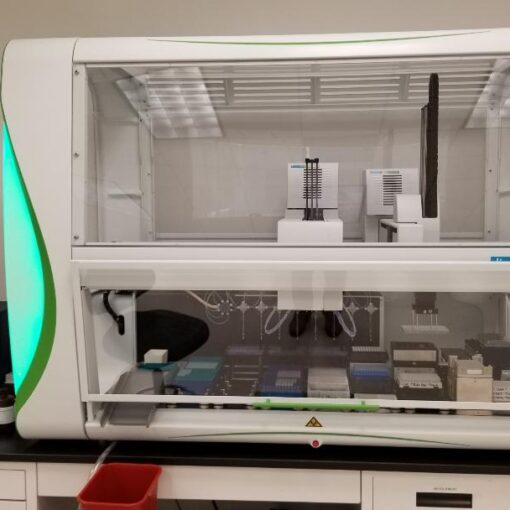Liquid Trace®
The first non-invasive and comprehensive cfDNA and cfRNA test for clinical use
Explore Liquid Trace®New Partnership
Labor Dr. Wisplinghoff and GTC Partner to Deploy GTC’s Comprehensive Suite of Tissue and Liquid Biopsy Testing in Germany
Learn MoreLiquid Trace
can be used with cerebrospinal fluid (CSF) as an alternative to peripheral blood for CNS tumors
Learn moreCommitted to driving the field of oncology diagnostics forward







